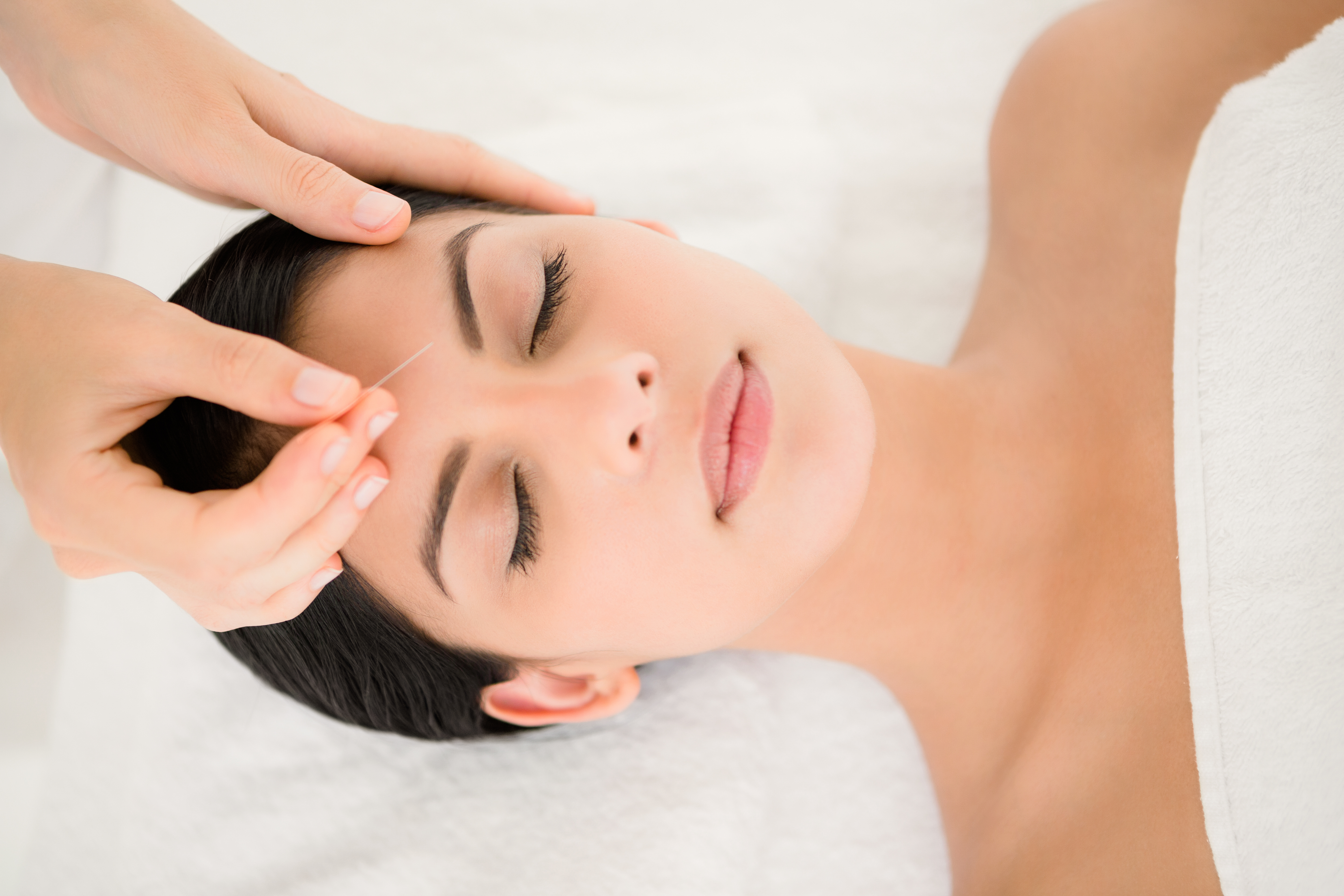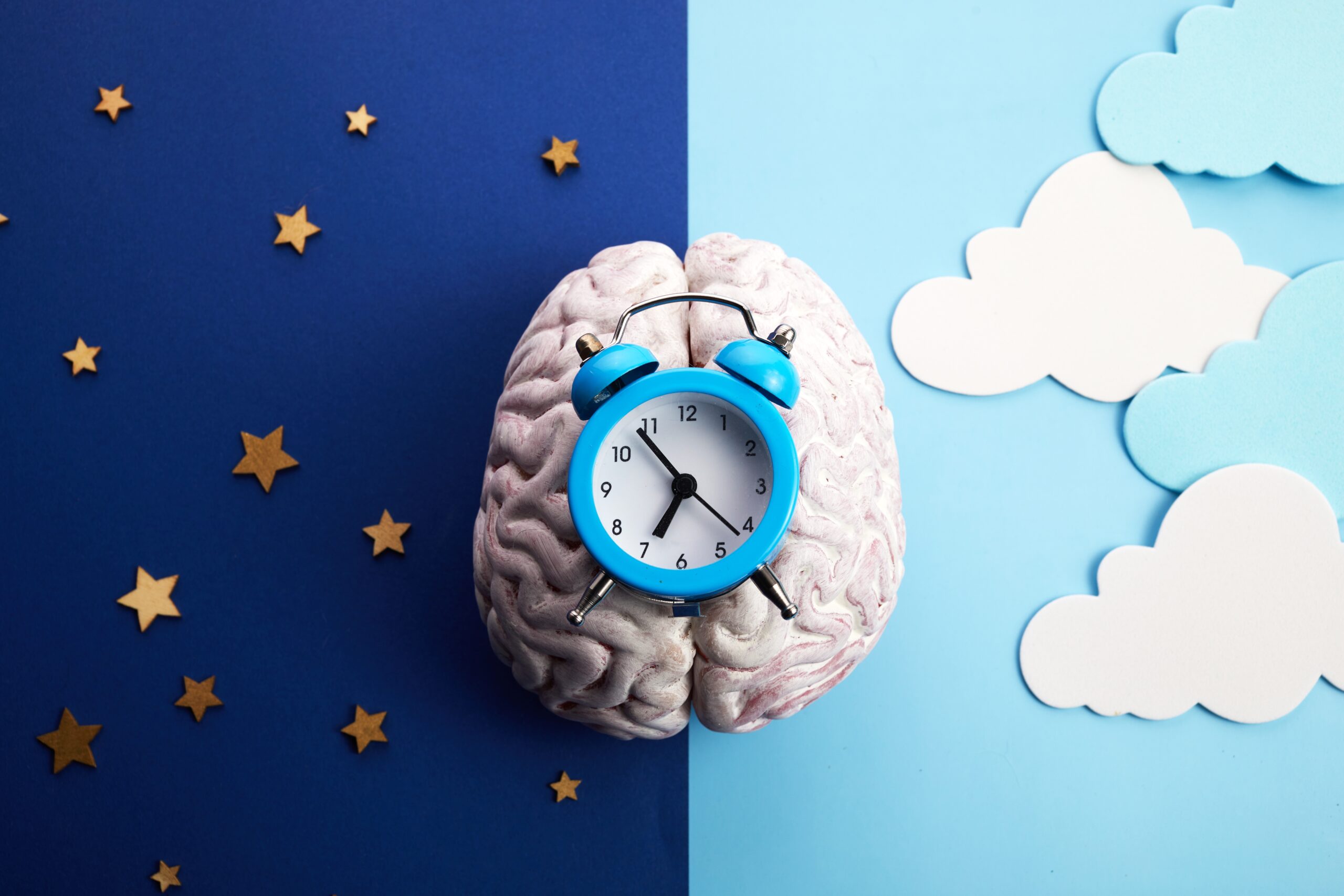by Gabriel C. Magee
In our modern society, most people deal with stress on a daily basis. The American Psychological Association’s “Stress in America” survey, conducted every year since 2007, found that current events, from the immigration crisis to mass shootings, have increased stress levels for all age groups in the country.
In the 2018 survey, nearly two-thirds of all adults surveyed reported that money and work were sources of stress. More than two thirds also said that the current political climate and the nation’s future caused them stress.
It is not surprising that, with such high levels of stress, there are entire modern industries devoted to reducing or eliminating stress. These include traditional techniques, like counseling, but also modern, technology-driven attempts, such as apps for your smartphone like Breath2Relax (an app that provides instructions and exercises for diaphragmatic breathing), Happify (a braintraining app), and My Mood Tracker (an app to help manage your moods).
With all of these technological advancements at our fingertips, some people may wonder if more traditional practices are still necessary or useful. But there is good evidence that one such ancient practice, acupuncture, is still valuable. Acupuncture is a form of traditional Chinese medicine that is approximately 2,000 years old but has gained wider acceptance among the medical community in recent years. While it is still considered a form of alternative medicine, acupuncture needles have been classified as medical devices by the FDA since 2006.
Acupuncture involves inserting needles through the skin at specific points in pathways (known as “meridians”) in order to balance the flow of energy or life force (known as “chi”) in our bodies. This is traditionally done to allow the body to heal itself and to relieve pain. However, one study indicated that stress hormone levels were lower in rats that had undergone electronic acupuncture. These researchers noted that acupuncture appeared to block stress-inducing hormones and actually protect against the brain’s stress response. Another study explored the biological mechanisms by which acupuncture may lower stress levels. Some studies suggest that acupuncture may actually deactivate the pain and stress regions of the brain. Another study found that acupuncture, in combination with counseling, had a strong effect on depression.
Some scientists believe that acupuncture works best in those who expect it to work. However, given the mounting empirical evidence that demonstrates the stress-reducing impact that it may have, plus the fact that there are very few (if any) known side effects, there really is no downside to trying it out for yourself. Plus, when used in concert with modern approaches like stressreducing apps, it may be the perfect, stress-reducing blend of ancient and modern techniques.








Leave A Comment